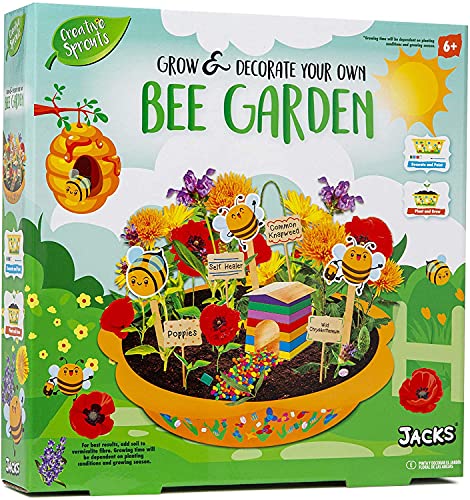.
.
This is for discussion of bees that have acquired the ability to cope with varroa without any help. The core assumption is that in the UK and Ireland this has occurred through natural selection for the fittest strain, and any subsequent selection has built on that. The idea is to learn from each-other, what works, and why, in the realm of no-treatment beekeeping. Testimonies, questions, explanations and links to relevant scientific studies are all welcome.
I'd like the thread to be a place where the mechanisms that wild populations employ to locate and maintain resistance can be explored, in the belief that that topic holds the key to understanding why no-treatment beekeeping works in some circumstances and not in others.

.
This is for discussion of bees that have acquired the ability to cope with varroa without any help. The core assumption is that in the UK and Ireland this has occurred through natural selection for the fittest strain, and any subsequent selection has built on that. The idea is to learn from each-other, what works, and why, in the realm of no-treatment beekeeping. Testimonies, questions, explanations and links to relevant scientific studies are all welcome.
I'd like the thread to be a place where the mechanisms that wild populations employ to locate and maintain resistance can be explored, in the belief that that topic holds the key to understanding why no-treatment beekeeping works in some circumstances and not in others.

Last edited:


















































